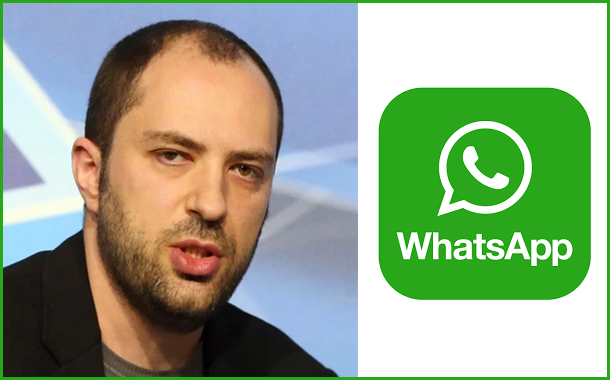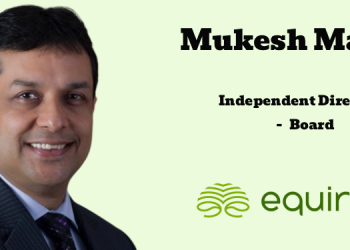WhatsApp co-founder, CEO and Facebook board member Jan Koum had announced his exit from Facebook, followed shortly after The Washington Post reported that Koum would leave due to disagreements with Facebook management about WhatsApp user data privacy and weakened encryption.
“It is time for me to move on . . . I’m taking some time off to do things I enjoy outside of technology, such as collecting rare air-cooled Porsches, working on my cars and playing ultimate frisbee,” WhatsApp co-founder, CEO and Facebook board member Jan Koum wrote today.His note also says, “I’ll still be cheering WhatsApp on – just from the outside.”

Facebook CEO Mark Zuckerberg quickly commented on Koum’s Facebook post about his departure, writing “Jan: I will miss working so closely with you. I’m grateful for everything you’ve done to help connect the world, and for everything you’ve taught me, including about encryption and its ability to take power from centralized systems and put it back in people’s hands. Those values will always be at the heart of WhatsApp.” That comment further tries to downplay the idea that Facebook pushed Koum away by trying to erode encryption.
The move comes 3.5 years after WhatsApp’s acquisition, meaning Koum may have vested much of his stock and have fewer financial incentives to stay. It’s currently unclear what will happen to Koum’s Facebook board seat that WashPo says he’ll vacate, or who will replace him as WhatsApp’s CEO.
One possible candidate for the CEO role would be WhatsApp business executive Neeraj Arora, a former Google corporate development manager who’s been with WhatsApp since 2011 — well before the Facebook acquisition. A source described him as the #4 at WhatsApp.
At the time of acquisition, Koum and co-founder Brian Acton were assured that WhatsApp wouldn’t have to run ads or merge its data with Facebook’s. So were regulators in Europe, where WhatsApp is most popular.
A year and a half later, though, Facebook pressured WhatsApp to change its terms of service and give users’ phone numbers to its parent company. That let Facebook target those users with more precise advertising, such as by letting businesses upload lists of phone numbers to hit those people with promotions. Facebook was eventually fined $122 million by the European Union in 2017 — a paltry sum for a company earning more than $4 billion in profit per quarter.
But the perceived invasion of WhatsApp user privacy drove a wedge between Koum and the parent company well before the Cambridge Analytica scandal broke. A source confirms that Koum had been considering leaving for a year.

















